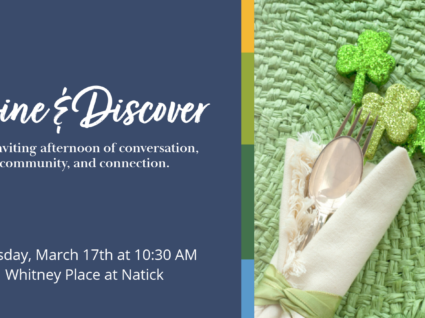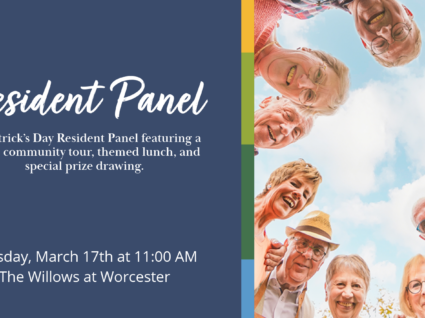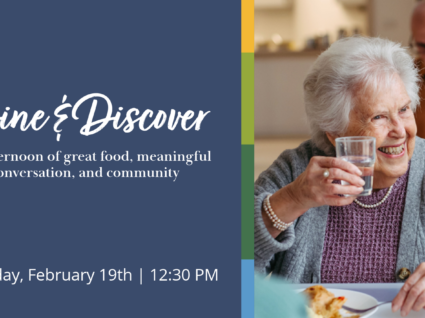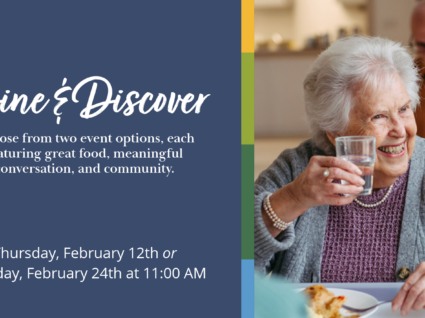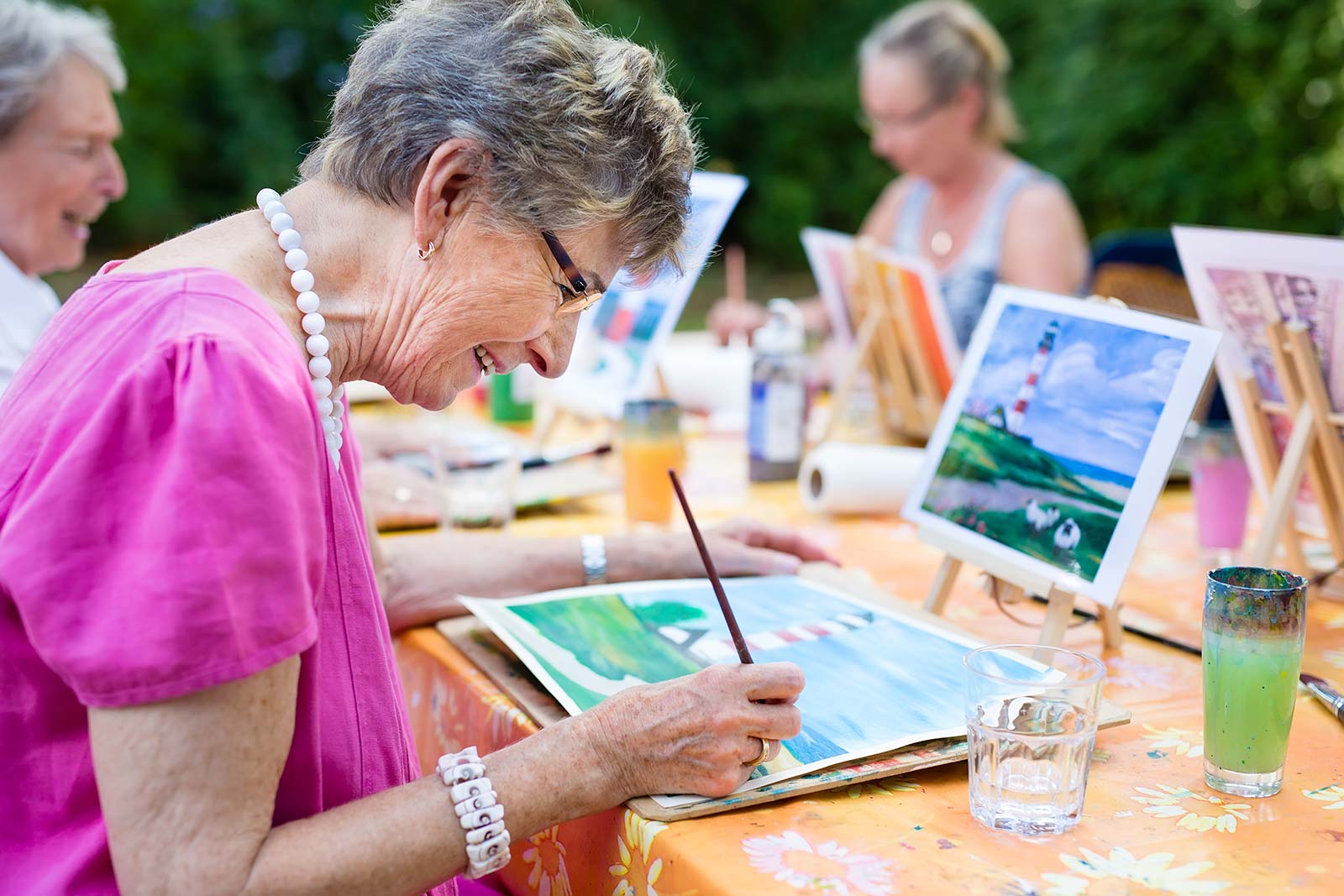
Insights and Updates From SALMON
Explore helpful resources, news, and stories from across our communities—each designed to inform, inspire, and connect. At SALMON, we believe in doing more for residents, families, and staff every day. Here, you can read how we live that promise and see the difference it makes.Every Journey Is Unique
Connect with us to explore your needs and see how SALMON can help.
Every Journey Is Unique

